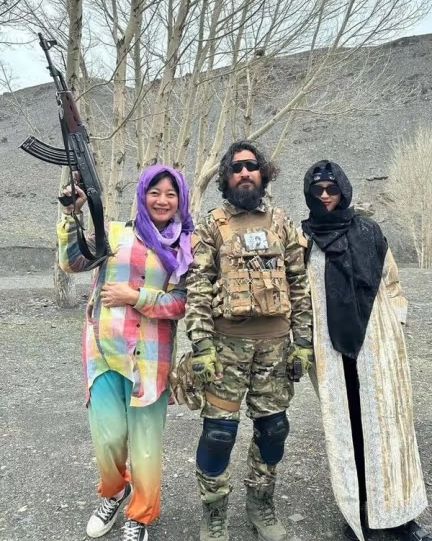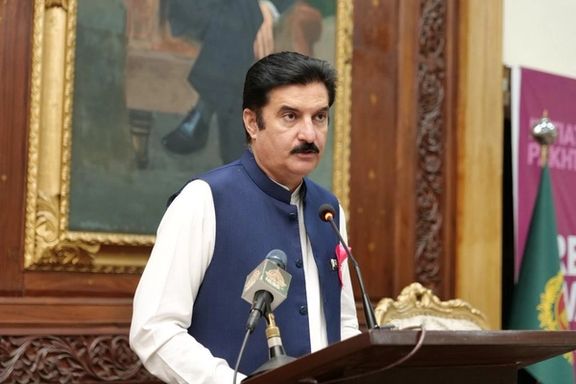Jackie Birov, a 35-year-old American tourist, told the Associated Press she was touched by the hospitality of Afghans during her visit. “I’m very aware that I have a lot more freedom than local women,” she said, referring to the contrasting experiences of foreign and Afghan women.
Tourism in Afghanistan remains a niche industry, attracting only a few thousand visitors annually, most of whom are adventure travellers. However, organised tours from countries including China, Greece, the Netherlands, and the United Kingdom are gradually increasing.
Despite facing global condemnation over its restrictions on women and widespread human rights abuses, the Taliban is working to expand the tourism sector, seeing it as a potential source of revenue and a way to reshape its international image.
Tourist visas, typically single-entry and valid for up to 30 days, have become more accessible. The resumption of commercial flights to and from Kabul, with regular routes to cities like Dubai and Istanbul, has also made travel to the country easier.
The Taliban’s lenient approach toward foreign tourists has drawn particular interest from female travellers. In response, some tour operators have begun offering women-led tours designed specifically for female visitors.
Somaya Moniry, a 24-year-old tour guide, told the Associated Press that she hopes to present a different perspective of Afghanistan.
While tour companies emphasise the economic benefits of attracting foreign visitors, some critics argue that travel to Afghanistan under Taliban rule is ethically problematic. They point to the stark contrast between the freedoms granted to foreign women and the severe limitations placed on Afghan women and girls.
Under Taliban policies, Afghan girls are barred from education beyond grade six, prohibited from working, and restricted from entering parks or dining at restaurants. The disparity has led many to view the regime’s hospitality toward tourists as a reflection of its double standards.

